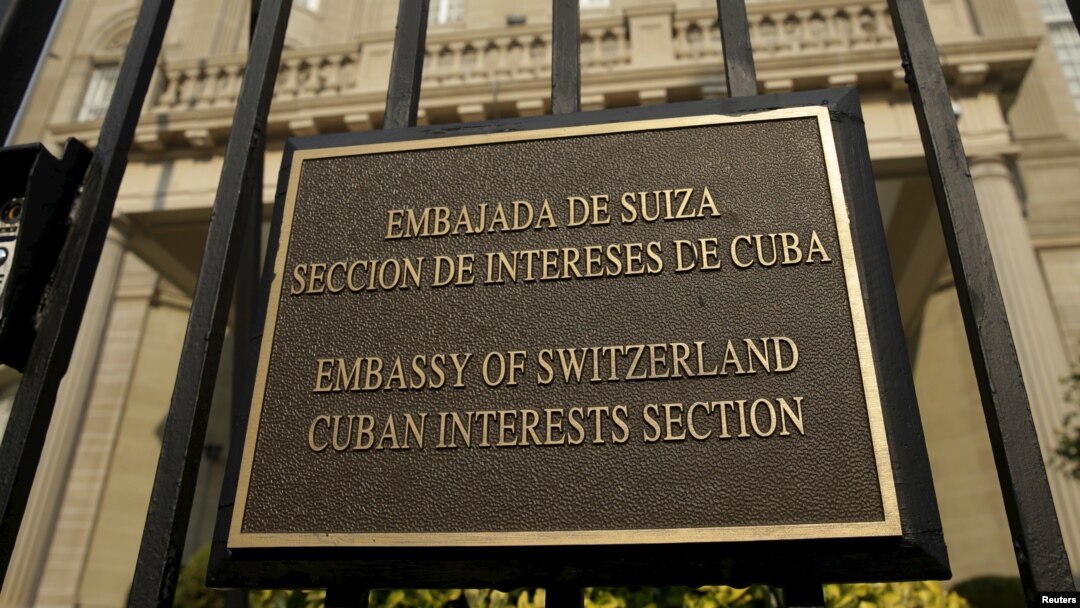Leading human rights groups told U.S. lawmakers that historic diplomatic breakthroughs with Iran and Cuba should not shield either nation from rigorous American scrutiny of human rights violations.
“In Iran and Cuba, the United States needs to leverage its diplomacy to look at human rights issues and not separate its diplomacy to either look, in the case of Iran, solely at the importance of nuclear peace — or in the case of Cuba, treating diplomacy as an end in itself,” said Mark Lagon, president of Washington-based Freedom House, testifying before the Senate Foreign Relations Committee.
“The U.S. decision to plow forward, full speed ahead, with the restoration of diplomatic relations with Cuba just as 100 peaceful activists were being detained sends troubling and mixed messages,” Lagon added.
The committee’s chairman, Republican Senator Bob Corker, did not address human rights regarding Iran or Cuba, but acknowledged the issue more broadly on the world stage.
“One of the greatest rubs [challenges] that we have relative to human rights issues is that we have other equities [interests], if you will, with governments that sometimes compromise our abilities [to raise rights violations],” said Corker.
Competing interests
Also testifying was U.S. Assistant Secretary of State for Democracy and Human Rights Tomasz Malinowski.
“I think it’s important to be completely honest about that. Of course we have other interests,” Malinowski said in response to Corker. “I tend to resist the notion that our interest in promoting human rights and our interest in protecting our security, our prosperity – that those interests are fundamentally at odds.”
He added, “I think sometimes we face short-term trade-offs where we may have to work with a particular country on something that is essential to our security right now. And at times that may lead us to calibrate our efforts on other important issues.”
Democratic Cuban-American Senator Robert Menendez seized on the discussion in relation to Cuba, and chastised his congressional colleagues for their itineraries when they visit the communist island-nation.
“It’s pretty amazing to me that, when our colleagues in the Senate go to visit Cuba, they do not visit with human rights activists, political dissidents, independent journalists, because if they do they get barred from a [Cuban] government meeting,” said Menendez.
“We have got to break that idea, because if, globally, the message we send is that, in order to meet the government officials of a country, that we can’t meet with human rights activists, political dissidents, independent journalists in China, in Malaysia, and any other place in the world, that would be a sad state of affairs for the United States,” Menendez added.
Furthering civil liberties
No one on the committee responded to the senator’s comments, which came near the end of the hearing that was cut short by a series of votes in the chamber.
The Obama administration maintains that restoring diplomatic relations with Havana will further the cause of civil liberties and human rights by boosting communications and exchanges between the two countries that had been estranged for more than 50 years.
On the nuclear deal with Iran, President Barack Obama repeatedly has said that the United States still has serious differences with Tehran on many issues, but that negotiations that produced the pact unveiled this week in Vienna were limited to the country’s atomic program.


